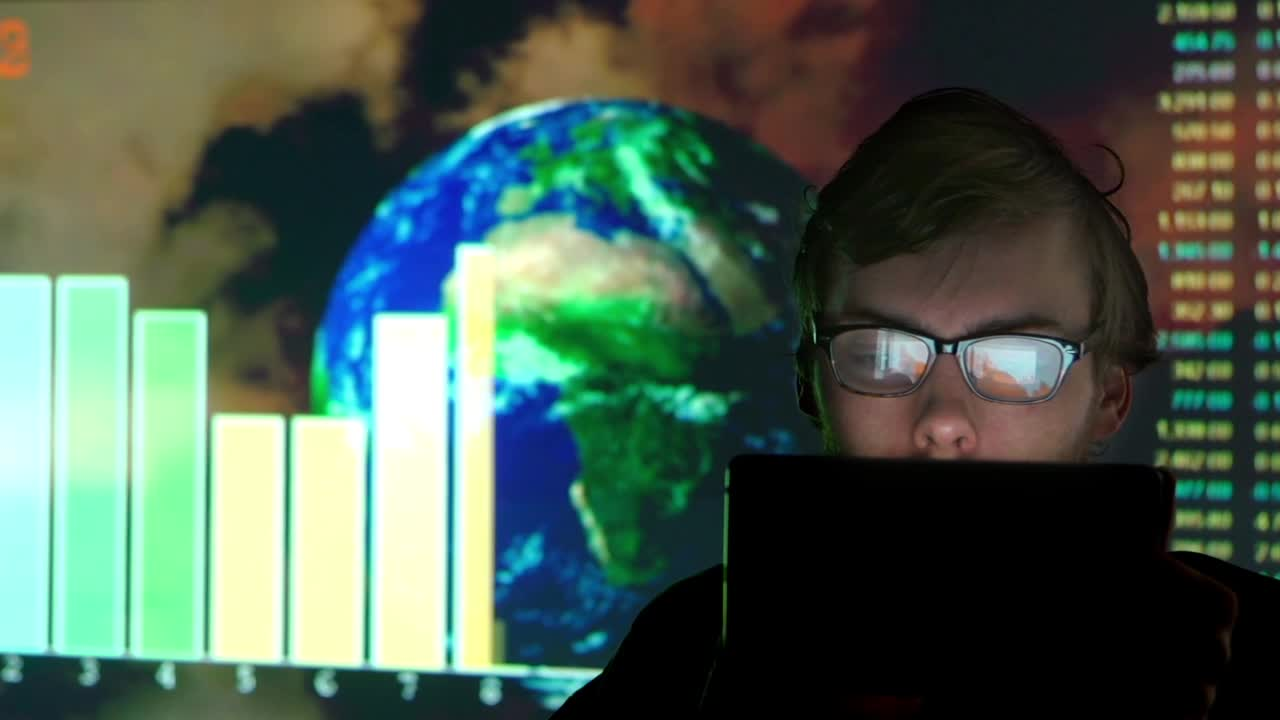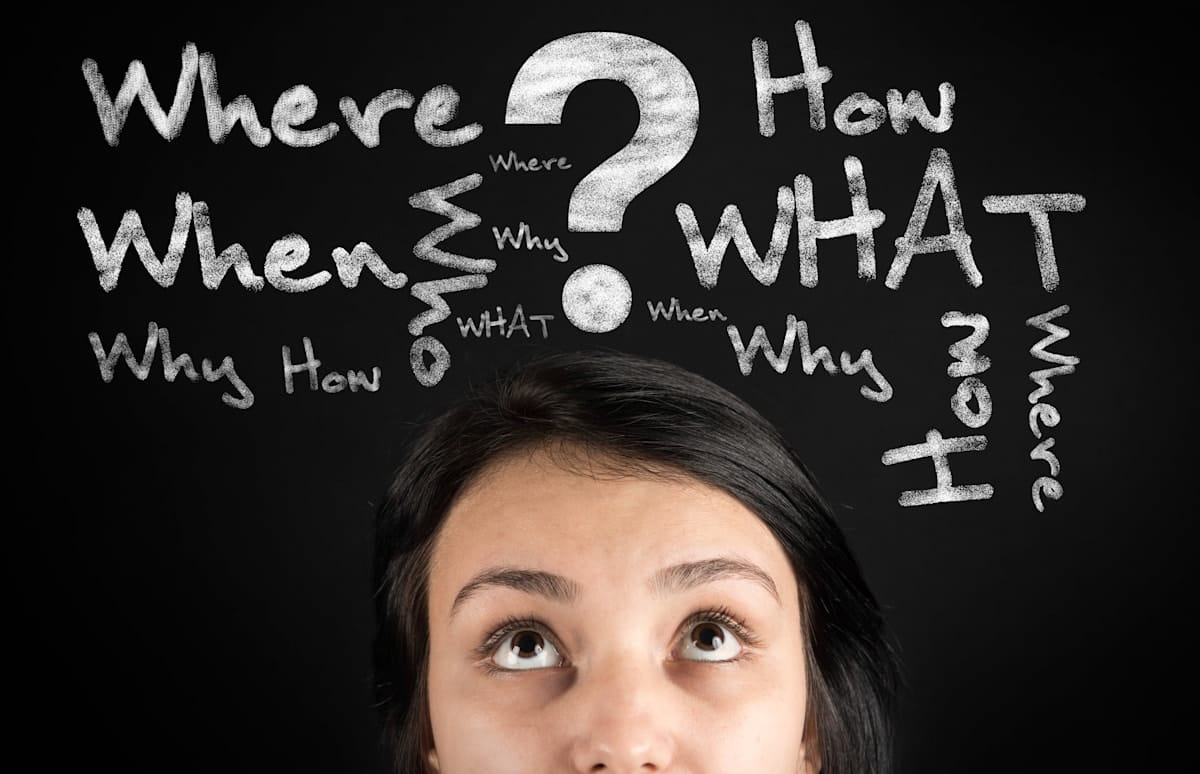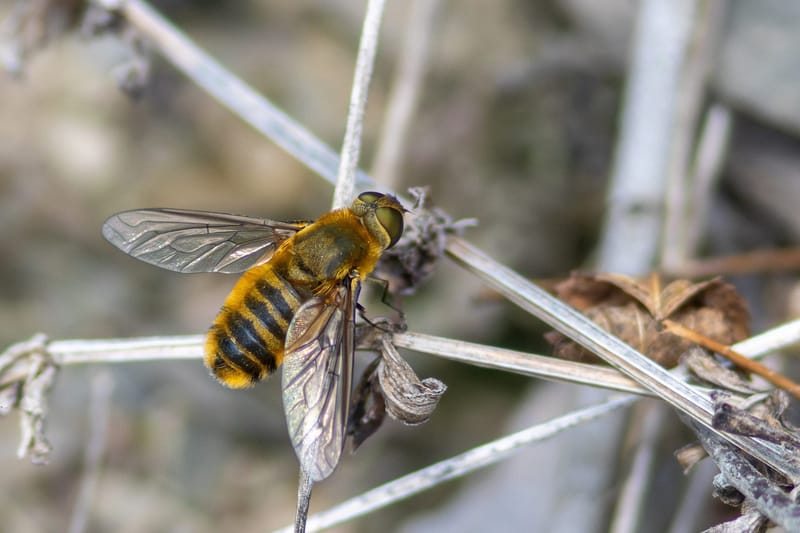
As COP29 approaches, YOUNGO, the UNFCCC’s youth constituency, has grown to more than 7000 members. These aren’t the only young people wanting to take action against the climate crisis – a new survey shows undergraduate science students are worried about climate change and eager to act.
However, many feel unprepared to take action in their careers. So how can their education prepare and empower them to do so?
Students are alarmed and want to take action
A study of 112 undergraduate science students found that more than 70% fit into the most alarmed category regarding their attitudes towards climate change.
Students’ understanding of climate change is not the problem. Across the board, students show strong scientific knowledge of climate change, and a willingness to act. Most already engage in four out of the six pro-environmental behaviours surveyed.

Yet they feel their education hasn’t empowered them to act. Many students feel uncertain about the value of their own efforts to make a difference.
This is especially true for those majoring in fields not traditionally linked to climate change, such as physics, psychology, or chemistry. More than 60% don’t feel ready to address climate change in their future careers.
This gap highlights an urgent need for educational programs to shift focus from merely conveying information to actively empowering students to become agents of change.
“We already know things are bad. How do we physically go about fixing it?”
– Science student
To prepare this generation for effective climate action, education needs to offer more than just knowledge about climate change. Rather, it must provide the interdisciplinary knowledge, skills, and attitudes necessary for informed choices towards a just and sustainable future.
Turning education into climate action
To address this gap, action-focused education needs to include:
● Practical solutions. Learning about mitigation, adaptation, and policy.
● Career action. Exploring job paths that fight climate change, connecting with professionals and internships.
● Hands-on experience. Gaining experience through fieldwork, lab research, and community projects.
● Interdisciplinary learning. Relating climate change to all areas of study because action is needed from all sectors of society.
● Social and emotional engagement. Encouraging open discussions that validate students’ worries while promoting collective action; understanding how climate change intersects with other social justice issues.
● Moving beyond coursework. Hosting informal gatherings focused on local climate initiatives.
From anxiety to empowerment
For many young people, knowledge without action can impact their mental wellbeing, leading to feeling overwhelmed or a lack of agency.
Janis Whitlock describes youth climate anxiety as:
“... an emotionally and cognitively functional response to real existential threats”.
Climate change is an emotive topic that can produce negative feelings in learners. However, such mental health impacts must be addressed as part of formal education.
Studies have identified that anxiety, which contributes to disempowerment, is made worse by global lack of action to address the climate crisis.
“There should be more active, cooperative sessions involving students to take action in climate change-related activities.”
– Science student, Monash University
Students felt there was a lack of climate action within their education, and called for more practical learning to tackle climate change and policymaking.
Although youth climate anxiety poses challenges, action-focused education offers a transformative solution.
A supportive classroom environment helps to validate students’ concerns and empowers them to seek solutions. This approach fosters personal resilience and builds supportive networks for long-term efforts.
The power of action
Universities, as large social institutions, are uniquely positioned to engage students in meaningful local action, by acting as a bridge between community and research.
The power of action is clear. For educators and students alike, coming together to turn ideas into collective action can benefit their wellbeing and trigger pro-environmental action that lasts throughout their careers.
In the face of the climate crisis, education must evolve from simply informing to actively empowering. It’s time for universities to prepare students not just to understand climate change, but to act decisively against it.
Monash is pioneering a path to a greener, smarter, more equitable and sustainable future, where emissions are lower, and the natural environment and humans thrive. We look forward to participating at COP29, where we aim to accelerate global action on sustainability, empowering diverse voices from across the Indo-Pacific and influencing superior policy outcomes across a broad range of issues. Find out more monash.edu/cop29





